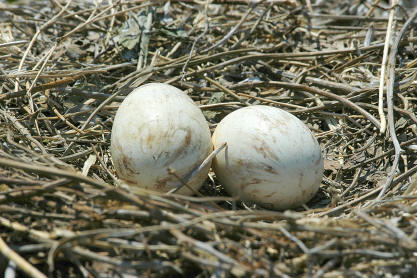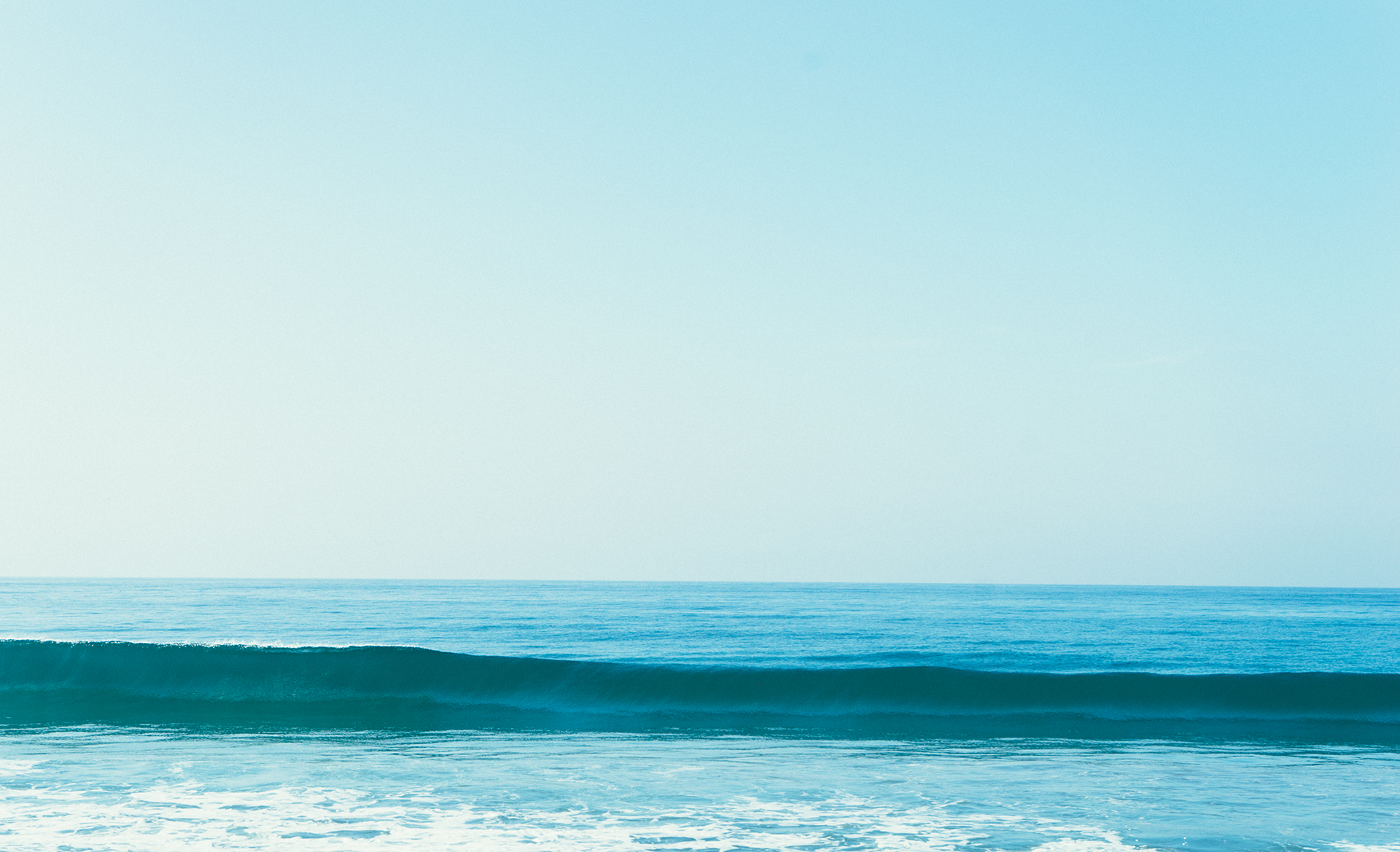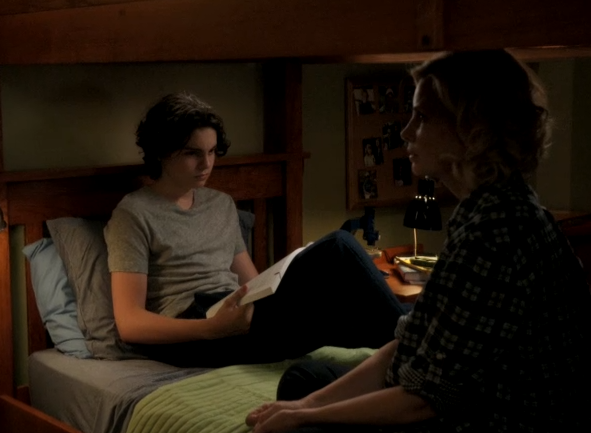 If Easter is about the redemption of humankind, what about the rest of the created world? Elizabeth Johnson, in her new book Ask the Beasts: Darwin and the God of Love, gives a theological voice to the plants and animals. What role does God play in the natural world? With extinction happening at an enormous rate it’s worth pondering. Johnson gives one example of the pelican.
If Easter is about the redemption of humankind, what about the rest of the created world? Elizabeth Johnson, in her new book Ask the Beasts: Darwin and the God of Love, gives a theological voice to the plants and animals. What role does God play in the natural world? With extinction happening at an enormous rate it’s worth pondering. Johnson gives one example of the pelican.
A mother pelican typically lays two eggs. The one that hatches first is given the attention. It’s fed and cared for by the parents. The second chick to hatch is usually ignored, starves, and dies. For pelicans, if you’re the second to hatch, you have a 90% chance of dying; you were mainly there as insurance in case the first chick died. This is how nature works for the pelican family. So we must ask, where is God in this?
Johnson points to the Spirit of God and Christ who stays and suffers with all creation, even the pelican chick. Jesus is connected to a greater reality that even goes beyond human beings. Johnson notes that the Gospel of John does not say that the Word became a human being, but flesh, which denotes the larger vulnerable material world. Christ comes to ensure that death from this world is not meaningless or done alone.
“It is as if by inhabiting the inside of the isolating shell of death Christ crucified, the wisdom and power of God, brings divine life into closest contact with disaster, setting up a gleam of light for all others who suffer that darkness.” (Elizabeth Johnson, Ask the Beasts)
—This includes the suffering pelican chick. Redemption is expanded to all of creation. Like us, Jesus’ life “formed a genuine part of the historical and biological community of Earth.”
 And what about extinction? Darwin said it’s an inevitable and natural part of evolution. This doesn’t mean we don’t need to change the ways we are causing extinction rates to increase. Humankind has made great and negative impacts on the natural world and on our fellow creatures. And what if we go extinct? We try so hard to outsmart evolution and step outside the natural order. Yet extinction is an integral part of evolution. According to nature, it’s not bad if humanity went extinct.
And what about extinction? Darwin said it’s an inevitable and natural part of evolution. This doesn’t mean we don’t need to change the ways we are causing extinction rates to increase. Humankind has made great and negative impacts on the natural world and on our fellow creatures. And what if we go extinct? We try so hard to outsmart evolution and step outside the natural order. Yet extinction is an integral part of evolution. According to nature, it’s not bad if humanity went extinct.
Accepting that reality may humble us a bit. We place ourselves above the rest of the created world, as if God only cared about human beings. Even our scriptures say that humankind has dominion over the rest of the earth’s creatures and plants. Unfortunately, we take that to mean we can subdue and pillage the earth. Yet the Creator loves, sustains, gives life to, and suffers with every animal and plant on the earth. At the Easter Vigil Exsultet we sing:
“Be glad, let earth be glad, as glory floods her,
ablaze with light from her eternal King,
let all corners of the earth be glad,
knowing an end to gloom and darkness.”
We sing to and with the earth as one community in God. And God continues to sustain humans and the rest of the natural world, be with them in their suffering, and breathing life into all with no partiality.
Related posts:
Listen to an audio version of this post…
Music by Kebvin MacLeod









Reblogged this on Teilhard de Chardin and commented:
Happy Earth Day!